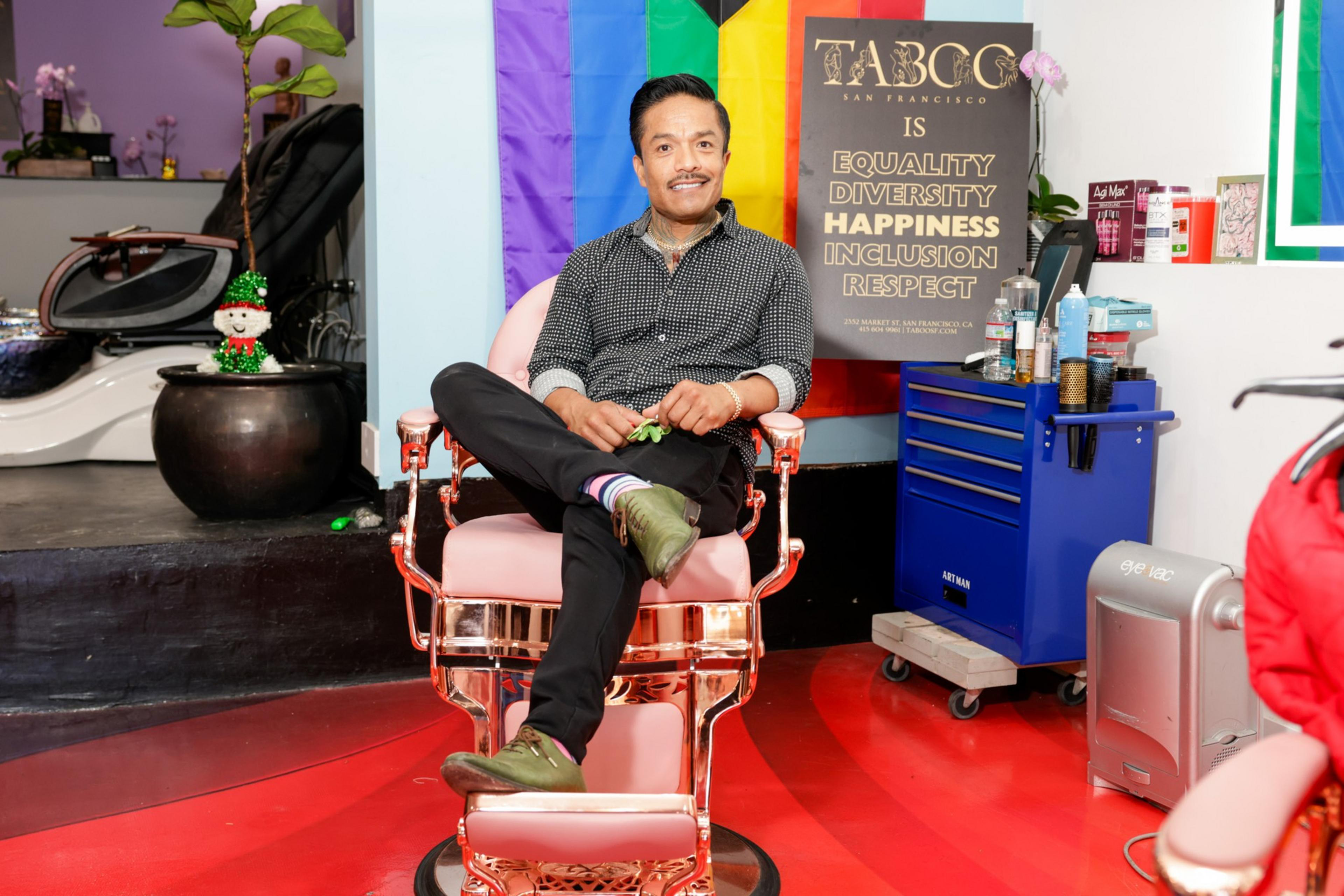Sixty years ago, San Francisco officials worked to raze entire ethnic enclaves, such as the Fillmore and Manilatown (opens in new tab), in an attempt to remake and “modernize” the city. Now that major office tenants have fled, City Hall is helping members of those communities reclaim sections of downtown.
The Bayanihan Equity Center, a nonprofit that serves Asian American and Pacific Islander seniors in SoMa and the Tenderloin, this month took advantage of a city program, the API Equity Fund (opens in new tab), to purchase an office building at 616 Minna St., which it will use as its new headquarters.
The pool of cash, comprising unspent federal and state Covid relief funds set aside for budget shortfalls, was established in 2022 by Supervisor Connie Chan and is meant to subsidize real estate acquisitions and facility improvements for nonprofits in one of the most expensive U.S. cities.
According to city documents, the Bayanihan Equity Center bought the Minna Street property Oct. 10 for $1.75 million, a discount from the previous sale price of $2 million in 2012. The Mayor’s Office of Housing and Community Development, which administers the fund, chipped in $1.487 million, meaning the nonprofit spent just $262,500 of its own on the purchase.

The MOHCD has awarded $29.5 million this year to 11 nonprofit organizations focused on serving San Francisco’s Asian American and Pacific Islander population. This year’s budget earmarked $30 million for such activities, meaning less than $500,000 remains, MOHCD confirmed.
BEC was founded in 1999 to assist Filipino veterans before branching out to serve low-income and immigrant API residents citywide. The nonprofit provides a range of services that include food distribution, housing case management, and recreational activities.
“There was a time when it would seem impossible for small nonprofits to acquire a space for their services,” Luisa Antonio, BEC’s executive director, said in a statement. “Today, we have a strong partner with our local government.”
It was unlikely the organization would have been able to complete the building purchase without the city’s help. According to the BEC’s Form 990, the nonprofit operates at a loss (opens in new tab) or barely breaks even most years.
The location of the new headquarters is significant for the group since it is in the heart of the recently formed Filipino Heritage District, also known as SOMA Pilipinas.
The Minna Street building was owned and occupied by general contractor Principal Builders before it decamped to Ritchie Street, near Mission Bay, in 2021.
The neighborhood, which retains a robust presence (opens in new tab) of Filipino businesses, was even tighter-knit in the 1980s, serving as a destination for the community after Manilatown was demolished to make way for what became the northern Financial District.

As the tech booms of the 2000s and 2010s continued to reshape the area, more Filipinos were pushed south, to Daly City and beyond.
“For so long, the Filipino community was kicked out of SoMa,” Assemblymember Phil Ting said this month at the opening of the Asian Pacific Islander Cultural Center at 65-67 Langton St. There, a pair of community organizations leveraged the API Equity Fund to purchase a 10,000-square-foot warehouse (opens in new tab) for $6.5 million that will be a hub for galleries and performing arts.
Ting added: “And little by little, I think the Filipino community, our API community, is taking SoMa back, block by block, cultural institution by cultural institution.”
Since the pandemic shutdowns, San Francisco’s commercial real estate market has been hit by record-high vacancies, leading to plummeting property values and retail closures.
Within that crash, a new wave of tenants, ranging from nonprofits to growing startups, has been able to take advantage of discounted rents. For example, at the struggling San Francisco Centre Mall, two nonprofits leased 17,000 square feet on the fourth floor, beneath the famous rotunda.
Meanwhile, at the prestigious California Street corridor, once affordable only to the white-collar elite, the nonprofit Bridge Housing was able to move into a Class A office building purchased by the landlord at a 75% discount.
“The Bayanihan Equity Center’s acquisition of 616 Minna St. is a testament to the enduring strength and resilience of our Filipino and API communities,” District 6 Supervisor Matt Dorsey said in a statement.
“The API Nonprofit Acquisition Fund reaffirms our commitment to ensuring that South of Market remains a place where everyone, especially our most vulnerable, can live and flourish.”


